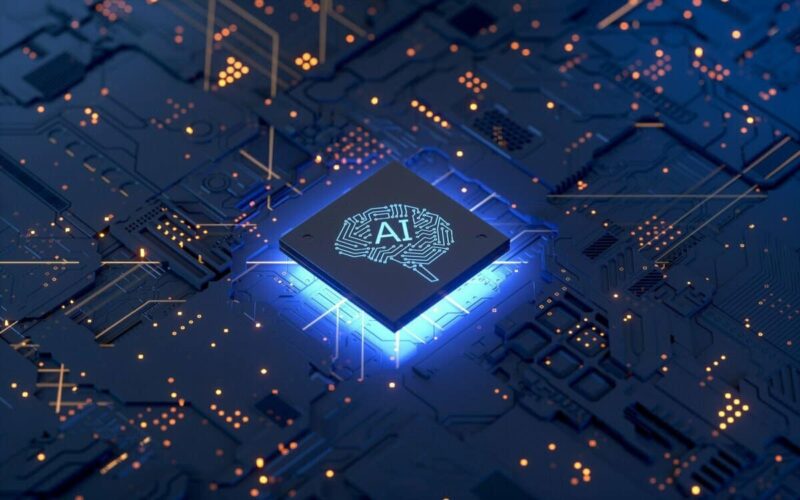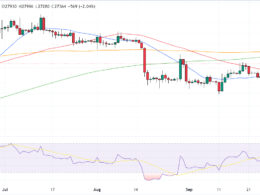Investment firm cyber.Fund, known for its early support of Ethereum (ETH), has recently announced that it will commit $100 million to projects at the intersection of blockchain technology, artificial intelligence (AI), and the Internet of Things (IoT). The firm aims to foster the growth of the “cybernetic economy,” where blockchain serves as the foundation, according to a recent press release.
Cybernetic Economy: Convergence of Blockchain, AI, and IoT
The cyber.Fund defines the cybernetic economy as an interconnected and automated economic framework that converges blockchain, AI, and IoT. This move comes as AI-based tokens have gained traction within the cryptocurrency industry, driven by the success of mainstream AI tools like ChatGPT.
“The cybernetic economy represents a new era of innovation and collective growth, and we at cyber.Fund are fully prepared to be at the forefront of this transformation,” says Konstantin Lomashuk, co-founder of cyber.Fund.
By channeling significant investment into projects at the intersection of blockchain, AI, and IoT, cyber.Fund aims to drive advancements in these fields and shape the evolution of the cybernetic economy. This aligns with previous investments made by cyber.Fund in Cosmos, Solana, and Polkadot.
The Potential of Blockchain and AI Collaboration
The increasing convergence between blockchain and artificial intelligence has sparked predictions of a potential bull cycle in the near future. Coinbase released a research report in June highlighting the benefits of combining AI and blockchain to create new solutions for societal challenges posed by AI.
“As applications within AI and blockchain mature, the disruptions these technologies represent may lead to areas of collaboration and the emergence of new use cases for crypto to help address specific societal challenges posed by AI,” says David Duong, head of research at Coinbase.
The report mentioned several potential use cases that combine AI and blockchain technology. Decentralized data marketplaces, for example, could help generative AI by providing a verified and diverse set of data to train models. Token-based incentive mechanisms could improve the quality of data sourced from these marketplaces.
Additionally, the combination of AI and blockchain could address issues such as algorithmic bias, digital identity verification, and data authenticity. Blockchain technology can also tackle disinformation risks by establishing the provenance of images, video, music, and other media through non-fungible tokens.
Moreover, blockchain can enhance the transparency of AI decision-making processes, allowing users to scrutinize the logic and reliability of AI-produced outcomes.
















